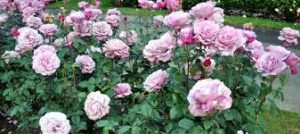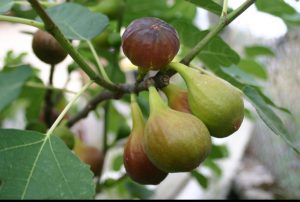 Seed propagation, also called sexual propagation, although useful for breeding purposes, is not a proper method of date palm vegetative propagation, and should be discouraged. Reasons in favour of discouraging seed propagation, are the following:
Seed propagation, also called sexual propagation, although useful for breeding purposes, is not a proper method of date palm vegetative propagation, and should be discouraged. Reasons in favour of discouraging seed propagation, are the following:
* Date palm is a dioecious species and consequently half of the progeny will be males and half will be females, with no certain way to determine at an early stage the sex of the progeny, nor fruit or pollen quality prior to flowering (often only seven years later);
* Female plants originating from seedlings usually produce late maturing fruits of variable and generally inferior quality compared to established clonal palms. In a seedling plantation it is rare that more than 10 percent of the palms produce fruit of satisfactory quality;
* Date palms are heterozygous, and thus there will be much variation within the progeny, and desirable characteristics of the parent palm may be lost. In other words, it is not true to type propagation and no two seedling palms are alike;
* Seedlings differ considerably with regard to production potential, fruit quality and harvesting time, making them very difficult to market as one harvest;
* The above reasons result in waste of time, space and money.
Thus, seed propagation is by far the easiest and quickest method of propagation. However, it is not a true to type propagation technique and no two seedlings will be alike. Because of its diversity, the seed approach could only be useful for breeding purposes. When conditions are known to be unfavourable for date fruit production (case of marginal areas), the planting of date seeds, for future selection on fruit quality, is the most economical way of selecting clones that have some desirable characters such as rain and/or salt tolerance (Figure 34).
Taking the above into consideration, and also because of the many reasons listed below, date growers are encouraged to use tissue culture-derived material of known varieties with high date quality and marketing potential.







